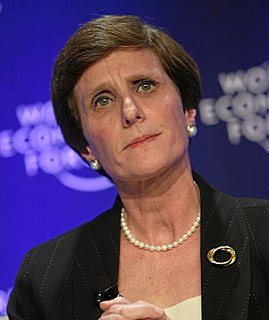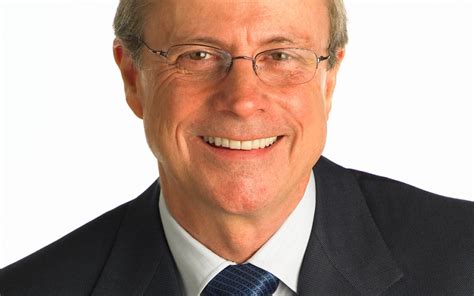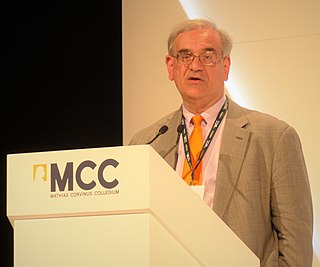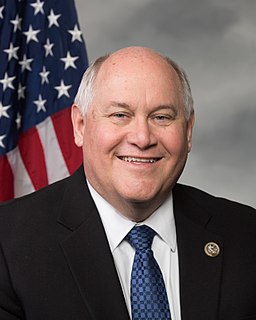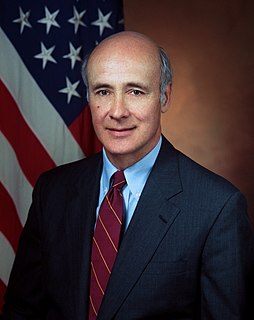A Quote by Irene Rosenfeld
Leaders tend to focus on 'what to do,' but the real issue is more often 'how to do it.'
Related Quotes
When there is pressure for leaders to respond to problems or crises, they often simply intensify their efforts in their particular defined sphere of activity - even if that's not relevant to the real problem. To do otherwise requires taking on entrenched practices and asserting power in areas where it often will not be well received. And leaders tend to see major crises more as threats to their own position rather than as systemic challenges for the societies that they govern or the institutions that they manage.
Turning 40 is often a big symbolic point in one's life. In the 20s we feel we can do anything, but as the 30s progress we become more mature emotionally, and in terms of work tend to focus. These two things combined: emotional maturity and career focus, often produced an explosion of self-purpose in our 40s.
I'm not sure leaders listen enough, especially to their people. And I've always thought in everything I've tried to do in my life, in the jobs I've had, is that if we can turn our transmitters off and our receivers on more often, we're better leaders and we know more of what is going on and therefore we can lead more effectively.
I have seen how leaders rule by intimidation. Leaders who demonize and dehumanize entire groups of people often do so because they have nothing else to offer. And I have seen how places that stifle the voices and dismiss the potential of their citizens are diminished: how they are less vital, less hopeful, less free.
Christians are usually sincere and well-intentioned people until you get to any real issues of ego, control power, money, pleasure, and security. Then they tend to be pretty much like everybody else. We often given a bogus version of the Gospel, some fast-food religion, without any deep transformation of the self; and the result has been the spiritual disaster of "Christian" countries that tend to be as consumer-oriented, proud, warlike, racist, class conscious, and addictive as everybody else-and often more so, I'm afraid.
If we focus on our health, including our inner health, our self-esteem, and how we look at ourselves and our confidence level, we'll tend to be healthier people anyway, we'll tend to make better choices for our lives, for our bodies, we'll always be trying to learn more, and get better as time goes on.
